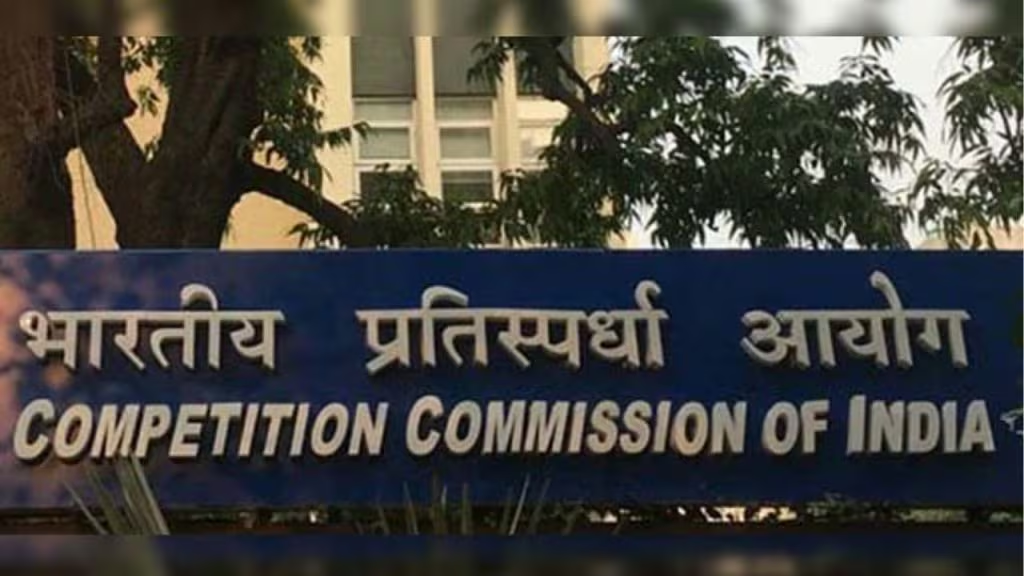~ Authored by Saiyam Shah, in guidance of TB
Governments are collecting, processing and storing personal data for various purposes such as to ensure efficient planning and seamless delivery of welfare schemes by utilising Digital public infrastructure (DPI) such as Aadhaar and private players are leveraging the DPI to provide services with speed, ease and efficiency. The statistics from various surveys suggest that the…
Is the data collected by the government in safe hands?
The surveys conducted over the years suggest a trend of increased awareness about sharing of personal data. Here are some interesting findings!
| Survey | Question | Yes | No |
| 2019 Dalberg study of 167000 Indians | Is your personal data safe with UIDAI | 90% | 10% |
| OpenText 2022 survey | Concern that their data may not be deleted from the Arogya Setu App even if that is not needed | 40% | 60% |
| OpenText | Not transacting with a company in future if it shares their personal data to third party | 31% | 69% |
| survey of 2002 individuals by ORF | Supporting institutionalising of a centralised system with a unique ID and password for citizens to be able to verify and update their information saved by the governments | 84.4% | 15.6% |
| ORF | Determining how data is used/shared by the governments and SMIs | 88% | 12% |
| ORF | Readiness to share biometric personal data for the monetary gain | 34 | 66 |
As per Sisco 2022 double blind peer survey spanning across 12 countries, 39% of respondents selected having “clear information on how data is used” (i.e., transparency) as their top priority. (Cisco 2022 Consumer Privacy Survey)
| Provide information as to how my data is being used | Refrain from selling my information | Comply with the privacy laws | Allow me to configure my privacy setting | Avoid data breaches exposing my data |
| 39% | 21% | 20% | 10% | 9% |
It can be deduced from these choices that people largely trust governments with their personal data; however, they also demand accountability and transparency.
Digital Public Infrastructure (UPI, Aadhaar, ONDC); empowering the economic growth
- DPI can be defined as a shared architecture based on interoperable and open standards and frameworks, which enables critical public and private services at a population scale. “Shared infrastructure” consists of digital identity (Aadhaar), payment system and consent-based data sharing system (UPI) and sector specific DPIs such as Diksha, CoWin portal and Open Network for Digital Commerce.
- DPI, as the IMF working paper notes, “has been harnessed to foster innovation and competition, expand markets, close gaps in financial inclusion, boost government revenue collection and improve public expenditure efficiency”.
Benefits of DPI
- Saving of expenses; DPI such as Aadhaar has allowed governments to deliver benefits of the welfare schemes directly to individuals while filtering out others such as deceased persons or beneficiaries existing only on paper and avoiding leakages. The same has motivated states to create family databases.
- Reduction in customer acquisition cost; the introduction of Aadhaar enabled E-KYC, authentication and paperless processes have made it possible for small and medium size enterprises to reach out to customer base beyond metro and tier-1 cities. E-KYC removed geographical barriers and financial constraints. Companies such as JIO and PayTM utilised Aadhaar based E-KYC for rapid customer acquisition.
- Ease in retrieving, processing and interpreting the data; It is easier to deal with the data unified and stored at one place than the data scattered across various ministries and agencies, another reason for states to have unified databases.
- Adaptability; Foundational DPI such as Aadhaar can be used for various purposes. Aadhaar is used for KYC, targeted delivery of benefits of welfare schemes Etc.
Its importance in India’s growth story explains why it was the central point of discussion in the 2023-24 union budget And why the parliament speaker of the Philippines would like to partner with India and US to build DPI in the Philippines!
Transparency and accountability; a missing part in India’s growth story?
- Lack of data protection legislation; Projects such as states’ family database projects, are aimed at collection of massive personal data while India still does not have Data Privacy legislation to make the data fiduciaries accountable for data breaches and enable users to get information as to what data is being collected and for what purpose. Many of these projects involve private players. Hopefully the legislature in the Monsoon session would pass the draft Digital Personal Data Protection Bill after extensive discussion.
- Data breaches; India has witnessed several data breaches in recent times such as Diksha, the ed-tech platform backed by the NCERT and built by EkStep Foundation led by Nandan Nilekani, exposing personal details of students and teachers and data breach exposing 8 digit unique identification number of over 6 Crore people in Tamil Nadu’s family database. More than 80 million Indian users were affected by data breaches in 2021, including Air India, Domino’s, Facebook, Mobi Kwik, and Upstox exposing users’ personal data, including names, phone numbers, bank account, passport, and Aadhaar.
- Overlooking digital divide; Digital divide and lack of awareness are sometimes overlooked while promoting digital and paperless solutions by making their adoption compulsory instead of giving choice to avail certain benefits. EG from February in MNREGA, Aadhaar based payment system was made compulsory for receiving payment. Attempts were made to make Aadhaar compulsory for children to avail food under national nutrition mission, which was not pursued. Such measures have an adverse impact on the marginalised communities. As per the study by IAMAI and Kantar, though more than 50% Indians are active internet users, the same is only 32% in Bihar.
- Surveillance; Telangana Government has floated a tender for making a comprehensive health database, which also discloses the government’s aim of workplace surveillance via facial authentication and GPS coordinates. It raises the question as to what extent the state should be allowed to collect personal data.
Way forward – cost-benefit analysis
The AI, technology and databases will play a critical role in governance and overall economic growth.
Benefits
- The direct transfer of benefits to beneficiaries, rapid growth in the digital transactions and ease in KYC are some of the metrics to assess the success of the Government and private players in harnessing benefits.
- As per the economic Survey 2022-23, UPI transactions accounted for 52% of the total 8,840 crore financial digital transactions.
- ONDC, another ambitious project completed 4000 transactions in January 2023 and it may as well make headlines in 1-2 years as a success story.
- Union Govt saved over USD 27 billion through direct benefit transfer as per Ajay Seth, Secretary, Department of Economic Affairs. Even if we ignore the numbers, the fact that DPI comes with enormous benefits cannot be contested.
- People’s trust in the governments is making it easier for them to launch new projects successfully and ensure that they are adopted at a large scale.
Cost
- However, transparency and accountability are required to maintain the trust, which is quintessential for the success story of the DPI projects/policies.
- Apart from enacting a data protection legislation, speedy grievance redressal and considering privacy and security aspects while conceiving any project “privacy by design” and “security by design” can reduce incidents creating mistrust.
- Digital divide has to be acknowledged while pushing forward with any policy/project. Incentive-based approach instead of mandating adoption of the digital solutions would ensure that no one is left out. Not taking these factors into account would raise more questions, increase mistrust and may lead to litigation.
As a consultant to Koan advisory group suggests, factors such as universal access, promotion of open innovation, built-in technological, legal and procedural safeguards for user privacy and security, scalability and sustainability have to be seriously considered while designing any solution in relation to DPI. If these issues can be addressed effectively, there is no reason why DPI, and therefore the whole economy, would not witness unprecedented success!



